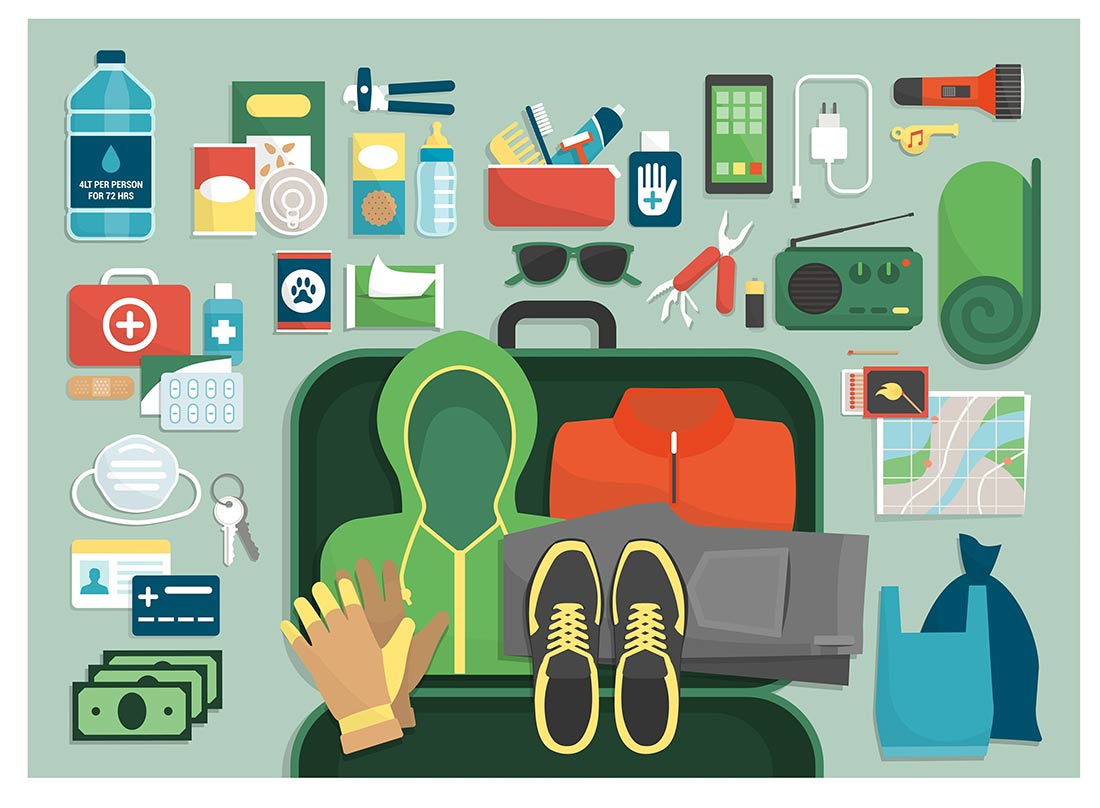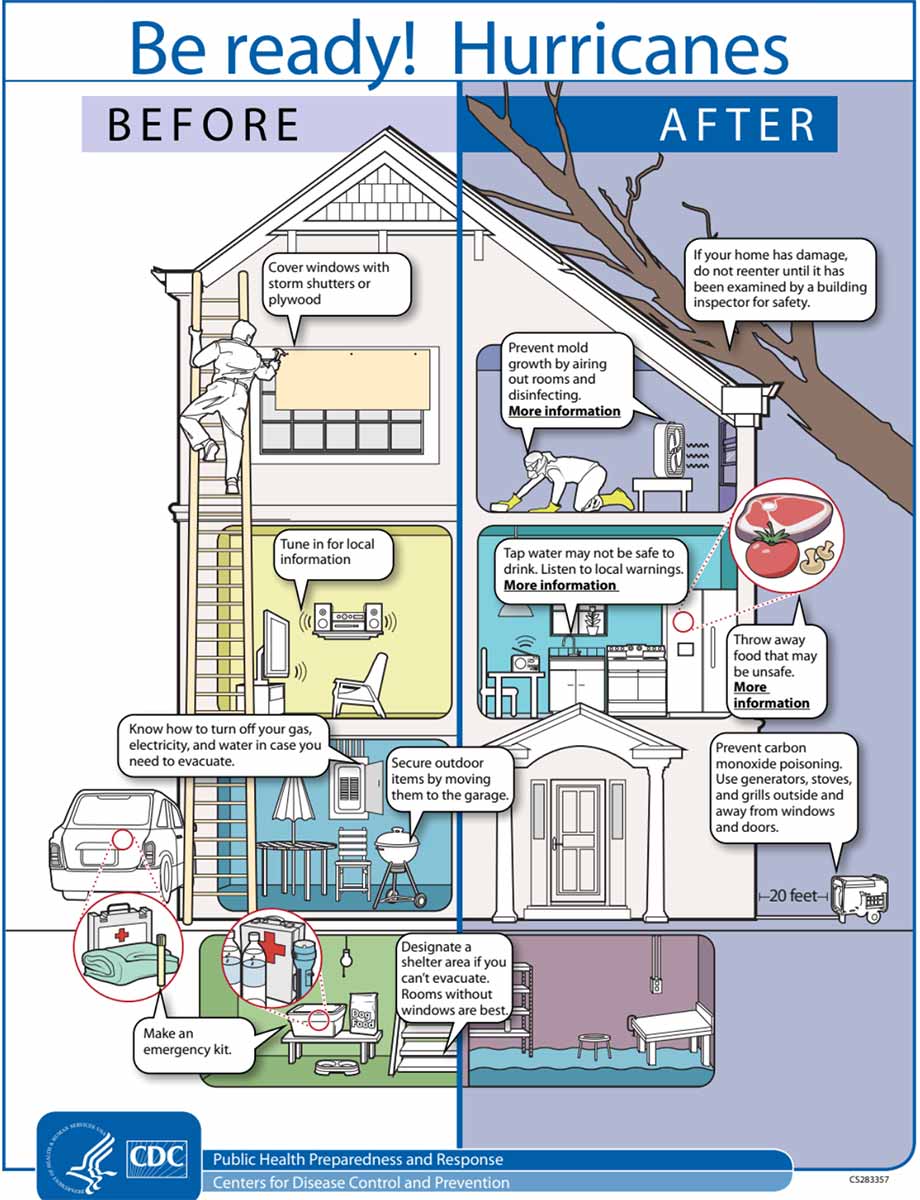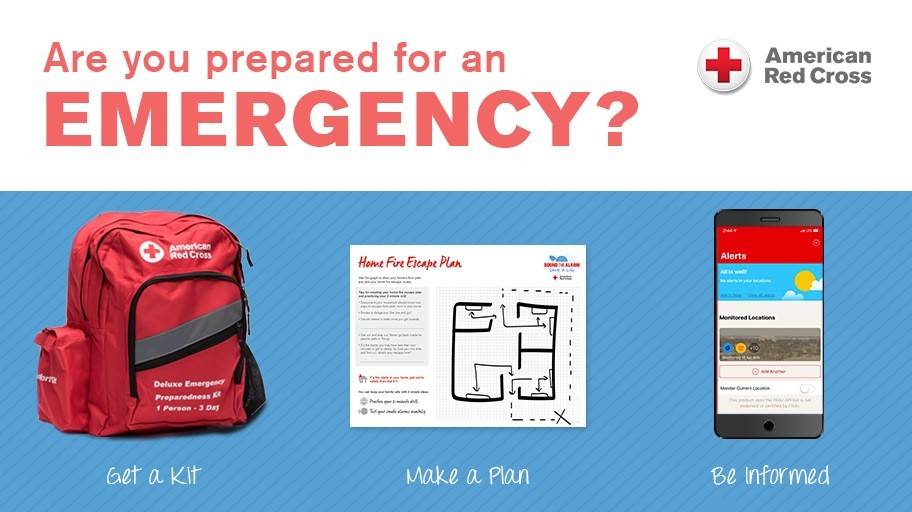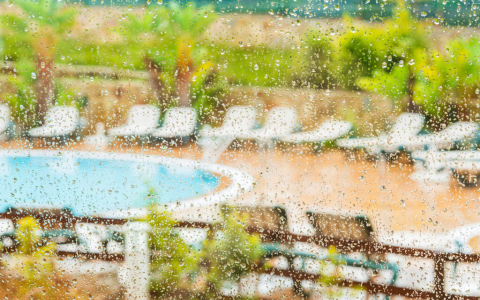Alright, so you wanna know how I try to sidestep Mother Nature’s angry moments when I’m out exploring the world? It’s not rocket science, but it’s something I’ve definitely made a habit of. It all started after a bit of a scare years ago – nothing too dramatic, thankfully, but enough to make me think, “Okay, I need a better plan than just hoping for the best.”

My Pre-Trip Ritual: The Homework Phase
So, first things first, before I even dream of booking a flight or a hotel, I dive deep into research. I’m not just talking about the best tourist spots. I mean, I really dig into the natural disaster profile of the place. Is it in an earthquake zone? What’s the hurricane or typhoon season like? When’s the rainy season, and does it cause major flooding? I spend a good few hours on this, just scouring information online, looking at historical data if I can find it easily.
Once I have a general idea, I check the official government travel advisories. My own country’s, and sometimes the destination country’s if they have an English portal. These sites usually list any current warnings or general risks for things like seismic activity or severe weather patterns. I take these pretty seriously.
Then, and this is a big one, I look at travel insurance. And I mean I scrutinize the policy details. I specifically search for clauses about natural disasters, evacuation coverage, and medical assistance. It’s tedious, I know, but I learned the hard way once that not all insurance is created equal. So now, I make sure I’m covered if things go sideways because of nature.
Getting Ready to Go: The “Almost There” Prep
Okay, so let’s say the destination passes my initial checks and I’ve booked the trip. My next step is to register my trip with my country’s embassy or consulate in the destination country, if they have a system for that. It just means they know I’m there, which can be super helpful if a large-scale emergency happens. I also save the local emergency numbers – police, fire, ambulance – in my phone. Not just 911 or 112, but the actual local ones.
I also think about my accommodation. Is it in a known flood-prone area? Is it built to withstand tremors if it’s an earthquake zone? I’m not an engineer, but you can sometimes get a feel for it, or even ask the hotel. I also make a mental note of emergency exits as soon as I check in. Old habit from my dad.

I always pack a small emergency kit. Nothing too crazy, but essentials:
- A small, powerful LED flashlight (phone batteries die, you know).
- A portable power bank for my phone.
- A basic first-aid kit with any personal medications.
- A whistle. Sounds silly, but it’s loud and light.
- Copies of my important documents, stored separately from the originals and maybe on a secure cloud service.
It doesn’t take up much space, but it gives me peace of mind.
On the Ground: Staying Alert
Once I’m actually there, I try to stay aware of local conditions. I might check local news or weather reports, especially if I’m in a region known for sudden changes. I also listen to locals. If hotel staff or tour guides mention something, I pay attention. They usually know what’s up.
I also have a rough communication plan with someone back home. Just a quick “I’ll check in every day or two” so if they don’t hear from me, especially if there’s news of an incident, they know to try and get info.

And honestly, a big part of it is just being prepared to change my plans. If a warning is issued, or things start to look sketchy, I’m not going to be a hero. I’ll move to a safer area or even cut the trip short if necessary. The beautiful sights will still be there another time; my safety is more important.
It might sound like a lot of work, but these steps have just become part of my travel routine. It’s not about being paranoid; it’s about being prepared so I can actually relax and enjoy my trip, knowing I’ve done what I can to stay safe. It’s just common sense, really, when you think about it.









